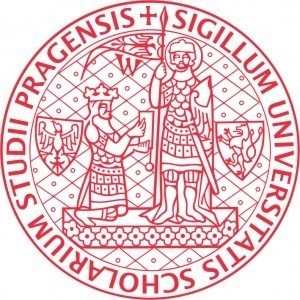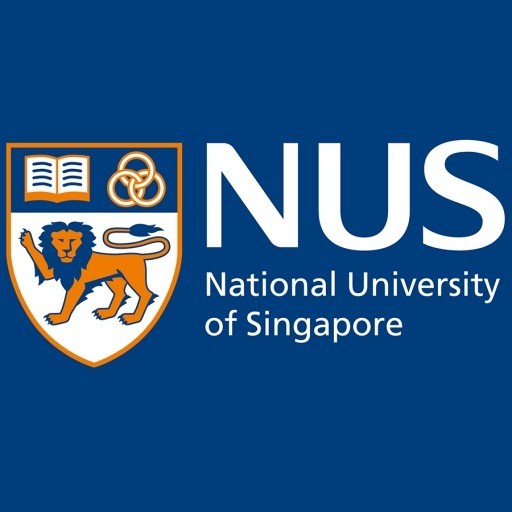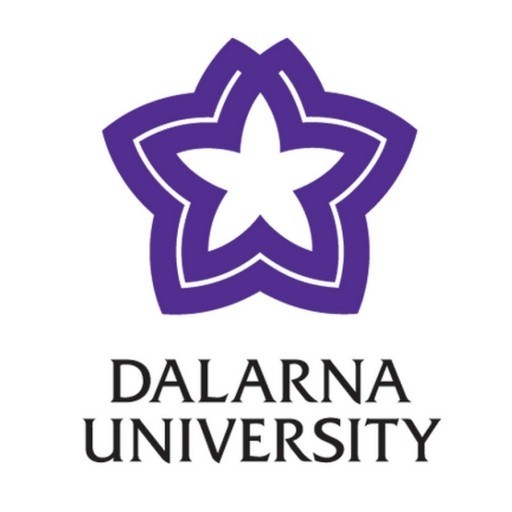Photos of university / #applyncstate
The Bachelor of Arts in English Literature at North Carolina State University offers students an in-depth exploration of the rich and diverse landscape of English literary history, critique, and theory. This comprehensive program is designed to cultivate critical thinking, analytical skills, and a deep appreciation for literature across various periods and genres. Students will engage with classic and contemporary texts, ranging from medieval works to modern and postmodern writings, fostering a broad understanding of the cultural, historical, and philosophical contexts that shape literature. The curriculum emphasizes close reading, research, and interpretation, empowering students to develop their own scholarly voice and prepare for careers in education, publishing, writing, or further academic pursuits. Core courses cover major literary movements, literary theory, and specific genres such as poetry, drama, and prose, while elective options allow students to tailor their studies toward specialized interests including gender studies, multicultural literature, or creative writing. The program also encourages interdisciplinary approaches, integrating insights from history, philosophy, and the arts to deepen students' understanding of literary works. With dedicated faculty members who are active researchers and experienced educators, students benefit from mentorship and collaborative projects that enhance their academic experience. Practical opportunities such as internships, literary magazine involvement, and study abroad programs are also accessible, enriching students' educational journey. The English Literature major prepares graduates for diverse career paths by fostering essential skills in communication, analysis, and critical thought, making them well-equipped to succeed in a globalized society. Upon completion, students will have a comprehensive knowledge of English literary traditions and the ability to critically analyze texts, write persuasively, and think creatively—skills highly valued in various professional fields.
Research Component (6 credit hours)
- Required in the First Semester:
ENG 669: Methods and the Profession (3 credits)
This course initiates students into ways of thinking and practicing in the profession of English studies. We will explore critical traditions, research methods, and emerging approaches to English studies, including literary criticism, theory, global perspectives, rhetoric and composition, film studies, and digital humanities. The course also prepares students to begin formulating their own academic and professional pathways. Students will become familiar with faculty from the department, develop research plans, and discover resources to professionalize along trajectories that include higher education, writing, media, and teaching (This course will be listed in the enrollment system under its previous title, Bibliography and Methods).
- Final Semester:
ENG 676: Master's Capstone Project (3 credits)
See the Capstone Abstract Archive for past topics.
Distribution Requirements (12 credits)
Literature students take one course in each of the following four areas. Depending on the course content, special topics courses may also be used to satisfy distribution requirements. Please see the Course Offerings Page.
- 1 course in British literature before 1660
- 1 course in British literature after 1660
- 1 course in American literature
- 1 course in rhetoric, linguistics, composition, criticism or theory
Literature Electives (9 credits)
- 3 additional literature courses. Students may elect to explore broadly or to focus their coursework in an area of special interest.
Open Electives (6 credits)
- 2 electives. Electives may be chosen from English or from complementary fields of study. TAs may count ENG 624 as an elective.
Global Perspectives Requirement (Co-Requisite)
The Global Perspectives requirement is intended to provide students with a greater understanding of language structure and a globalizing perspective on texts and culture. Students may fulfill this requirement in one of two ways:
- Demonstrate language proficiency by taking a reading exam administered by the Department of Foreign Languages and Literatures, enrolling in and passing with a C- or better a 300-400 level course taught in the language (not translation), having an undergraduate major or minor in a foreign language within the past five years, or speaking a language other than English as your first language. The Foreign Language Department offers optional preparatory courses for students planning to take the reading exam: FLS [Spanish] 401, FLF [French] 401, FLG [German] 40
OR
- Take a World Literature course or an approved alternative. This course will typically count toward the degree as a literature or unrestricted elective, but there may be some instances in which the course can fulfill a core requirement.
Students considering doctoral work in literary study are encouraged to consult with their advisor. In some cases, certifying language proficiency via reading exam may help satisfy a doctoral language requirement later on.
The successful applicant to the MA program is typically an undergraduate English major with at least a 3.0 in all courses -- but especially in English courses -- and competitive GRE scores (see below for more information). However, promising students from other undergraduate disciplines are encouraged to apply. Indeed, some excellent graduate students have entered the program with degrees in areas such as Political Science, Accounting, Psychology, Philosophy, and Art History. Typically, there are around 60 MA students in the program.
If your GPA is below 3.0, you may be admitted provisionally if there are significant compensating factors indicating good potential for academic success. These might include, for example, a higher GPA in the major or a higher GPA in your final two years of undergraduate work. If accepted, applicants with a GPA under 3.0 are usually offered provisional admission and are ineligible for teaching assistantships. Students admitted as Provisional must earn a 3.0 or higher in the first nine graded credit hours in order to attain Full Admission status.
The Bachelor of Arts in English Literature at North Carolina State University offers a comprehensive overview of the literary arts, emphasizing the development of critical thinking, analytical skills, and cultural awareness. Funding opportunities for students pursuing this program include a variety of scholarships, grants, and work-study options provided by the university and external organizations. The NC State Scholarships Office manages numerous merit-based scholarships that consider academic achievement, writing talent, and potential contributions to the university community. Additionally, students are encouraged to explore departmental scholarships dedicated to English majors, which may require specific application processes and eligibility criteria.
Federal and state financial aid programs, such as Pell Grants and the North Carolina State Grant, are available to eligible students to help offset tuition costs and other educational expenses. The university participates in the Free Application for Federal Student Aid (FAFSA), which students must complete annually to determine their eligibility for these funds. Work-study programs are also accessible, providing part-time employment opportunities both on and off-campus, enabling students to earn money while gaining practical experience related to their field of study.
Internship grants and fellowships offer additional funding avenues for students interested in gaining practical experience in publishing, editing, or literary research. These opportunities often come with stipends and can be highly competitive, requiring strong application materials and academic performance. Students are advised to consult with academic advisors and the university’s Financial Aid Office early in their academic planning to identify suitable funding sources and ensure compliance with application deadlines.
Graduate students pursuing advanced degrees in English Literature may also access university assistantships, research grants, and teaching opportunities that provide tuition remission and stipends. It's recommended to regularly review the official North Carolina State University financial aid webpage for updates on new scholarships, application procedures, and eligibility requirements. Overall, students are encouraged to pursue multiple funding sources to support their educational journey in English Literature, making use of the university’s resources and external funding options to minimize student debt and maximize their academic and professional development.
The Bachelor of Arts in English Literature at North Carolina State University offers students an in-depth study of English literary history, critical theory, and creative expression. The program is designed to develop students’ analytical, written, and oral communication skills through coursework that spans from medieval to contemporary literature. Students explore diverse genres, including poetry, drama, fiction, and non-fiction, while also engaging with literary criticism and theory to understand the societal and historical contexts of texts. The curriculum emphasizes close reading, research methodology, and scholarly writing, preparing graduates for a variety of careers in education, writing, publishing, and media. In addition to core literature courses, students have opportunities to participate in seminars, workshops, and internships, fostering practical experience and professional development. The program also encourages interdisciplinary approaches, integrating insights from history, philosophy, and cultural studies. Faculty members are actively involved in research, contributing to fields such as modernist literature, gender studies, and digital humanities, which enhances the learning environment. Students are supported through academic advising, writing centers, and extracurricular literary activities such as poetry readings and literary clubs. Upon completion, graduates are equipped with critical thinking skills and a broad understanding of English literary traditions, enabling them to pursue advanced studies or enter the workforce in various fields. The program aims to cultivate not only literary expertise but also a lifelong appreciation for the humanities, fostering thoughtful, engaged, and culturally aware individuals.










